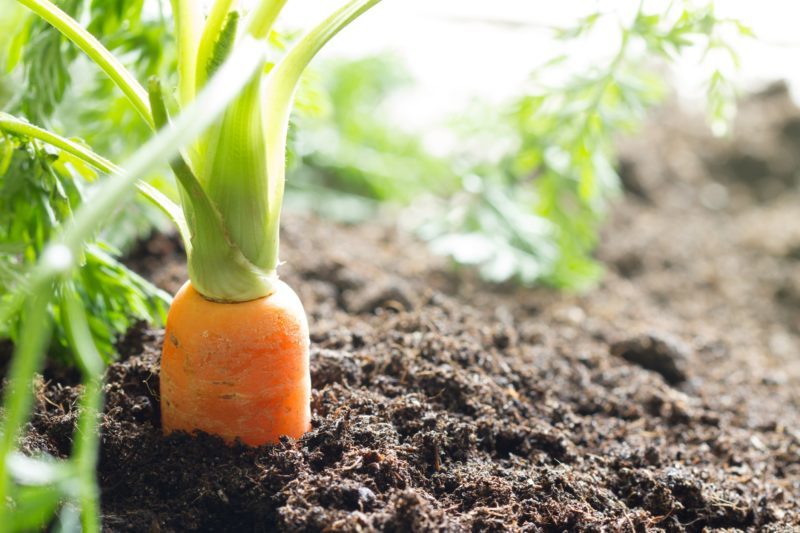Organic produce sales are up more than 20% in the spring of 2020, says the press release, after jumping more than 50% in the early days of stocking up. Organic milk and eggs have seen high demand. Packaged and frozen organic foods, too, saw double-digit growth.

And while the jump might be notable, the interest in organic is nothing new, the press release notes. The 2020 Organic Industry Survey released Tuesday by the OTA revealed that organic sales in the food and non-food markets totaled a record $55.1 billion, up 5% from the previous years. Organic food sales were up 4.6%; organic non-food sales were up 9.2%. General market growth was around 2% for total food sales and 3% for total non-food sales.
“Our 2020 survey looks at organic sales in 2019 before the coronavirus outbreak, and it shows that consumers were increasingly seeking out the Organic label to feed their families the healthiest food possible. The pandemic has only increased our desire for clean, healthy food,” said Laura Batcha, CEO and Executive Director of the OTA in the press release. “Our normal lives have been brought to a screeching halt by the coronavirus. The commitment to the Organic label has always resided at the intersection of health and safety, and we expect that commitment to strengthen as we all get through these unsettled times.”
Related: OTA Receives Funding from USDA U.S. Food System Is Killing Us; Regen Ag Is the Solution Natural Product Sales Up Significantly in 2020, Both Pre-Pandemic and During
The landscape as of 2019:Organic produce maintained top position.Organic fruit and vegetable sales in 2019 were up nearly 5%, hitting $18 billion. Millennials and younger generations remain the growth drivers for this category. Organic fruits and vegetables make up nearly a third of all organic food sales and 15% of the fruit and vegetable market.
Organic dairy is working its way out of oversupply, and meat and poultry are showing robust growth.In 2017 and 2018, there was an oversupply of skim milk and not enough butterfat that hampered growth; late in 2019, the category began to move away from that, and the $6.6 billion category grew at a rate of almost 2%, compared with 0.2% growth for the overall dairy category. Organic meat, poultry, and fish was the smallest organic food category in 2019, with $1.4 billion in sales, but it saw almost 10% growth.
Organic condiments are growing.It’s the second smallest organic food category, but some products in the category saw the strongest growth in organic—sales of organic ethnic sauces like curry, chipotle, and sriracha saw a growth rate of 23%; organic ketchup spiked up 16%. Organic spices saw more than 15% growth.
Non-food is gaining interest.The press release notes that there are growing concerns about toxins and chemicals in our homes and environment, leading to growing sales of organic fibrous products, like clothing, bedding, mattresses. Organic dietary supplements were up 10%.

Acknowledging that the organic market is now shifting due to the coronavirus, OTA conducted an online flash poll in late April and early May of 3,188 “likely organic shoppers.” More than 90% of respondents indicated that organic is now more important than ever. OTA presented a webinar in May on this shifting landscape.
Important to note, according to the press release: The organic market could go either way. People could be price sensitive, causing a slowdown in organic; or people could be increasingly mindful of their health, and willing to invest in organic. Things seem to be going in the latter direction—all of the staples categories are expected to see increased growth in 2020.

Batcha concluded: “It’s hard to know what’s ahead of us, but consumers will continue to trust in and depend on the Organic label. Organic producers and processors—indeed the entire organic supply chain—have been working around the clock through this difficult time to keep our stores filled with healthy, toxin-free, and sustainably produced organic food and products. Organic is going to be there for the consumer.”










